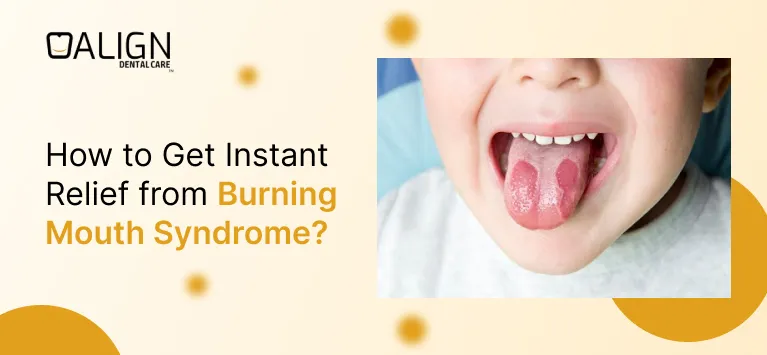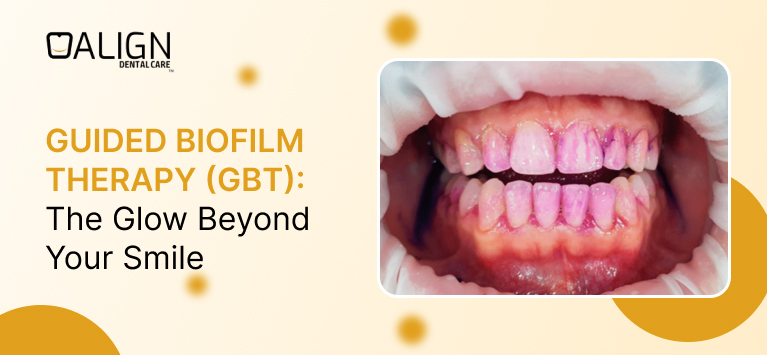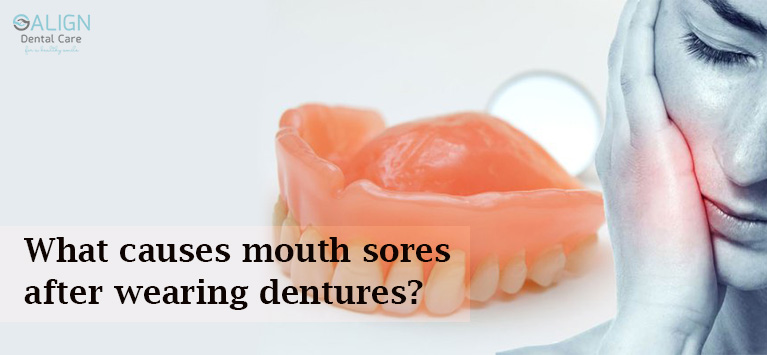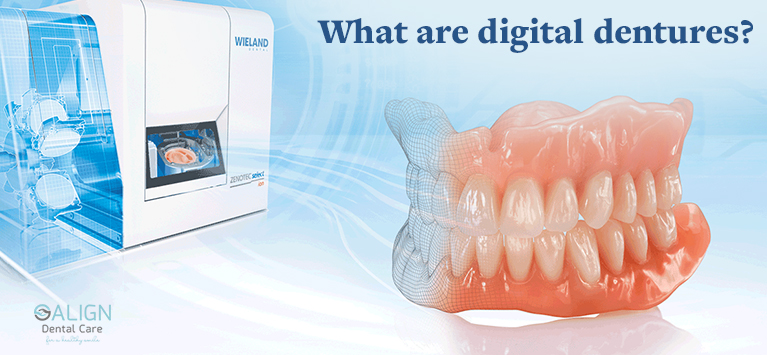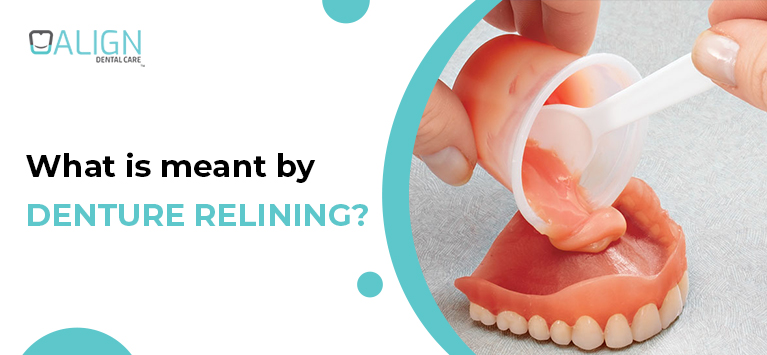
What is relining of a denture?
Dentures are removable prosthetic devices aimed at replacing the missing teeth. It is an effective replacement for restoring one tooth, multiple teeth, and even an arch’s whole dentition. When the artificial set of teeth is placed, the underlying bone tissues and surrounding gum tissues hold the denture in its place.
As time passes by, the denture teeth begin to wear down due to daily use. Likewise, the gum tissues and jaw’s bony architecture also change due to bone deterioration. Such inevitable changes affect the way dentures fit. Wearing ill-fitted dentures is linked to various potential problems like tissue overgrowth, bite problems, ulcers, blisters, tongue irritations, fungal infections, etc.
Hence you should reline the denture to make them fit effectively as well as it was earlier. In this blog article, our prosthodontists have explained the denture relining procedure. Keep reading.
Table of Contents
What is meant by denture relining?
Denture relining tends to make changes to the restorative device with respect to the natural changes in tissues and bones. It is the process of incorporating materials into the internal parts of the denture base so that the denture can fit comfortably over the gums.
Here are the steps involved in relining a denture base:
- Your dentist would remove some of the denture’s plastic base.
- Now, an impression of the trimmed surface is taken using putty.
- It is then repositioned inside the mouth to take an impression of the gums.
- With the impression taken, a new denture base is fabricated.
Thus the prosthodontists make alterations in dentures to correct their fit following the modified gum shapes. As the relining gives a tight fit for the dentures, you don’t worry about the hazardous effects of wearing ill-fitting dentures. This technique extends the life of your dentures as well.
Dental doctors choose the appropriate lining material after evaluating various factors like mechanical properties, characteristics, and much more.
What are the characteristics of denture reline materials?
Denture relining materials with the following properties are preferred by prosthodontists among the numerous liner materials available:
- Better transverse strength
- Low solubility
- Low water adsorption
- Tissue compatibility
- Ease of finishing
- Optimal hardness
- Resistive to stains
- Resistive to abrasions
- High fatigue limit
- High dimensional stability
- Color stability
- Tasteless
- Odorless
- Free from free methyl methacrylates
- Low exothermic temperature release
What are the different types of denture reline materials?
Depending on the purpose for which the materials are used, the denture lining materials are classified into 2 types:
- Soft denture relines – Soft reline is required when the denture base irritates oral tissues and is followed by various potential problems. Bone undercuts, pathologic tissue loss, atrophic ridges, pain in gums are some instances. Likewise, it is recommended for people who encounter rapid bone loss in the jaw. It is q quick procedure and you can get it done in a single appointment.
- Hard denture relines – The hard relines are necessary for those who wear full mouth dentures. In this approach, some of the acrylic materials inside the denture base are removed and replaced with new reline materials. The hard denture relining materials are more durable than soft relines.
Besides these, dentists provide temporary reline for those who develop complicated conditions in their gums by neglecting denture repair for a long time. Dentists make those people wear a denture with a medicated material until the gums are healed. It is called temporary reline.
After that, a new denture or hard denture reline is performed depending on the denture’s stability.
Bottom line
Dentures fit snugly against the gums in the initial days. However, natural changes like bone deterioration and gradual physiological changes in the oral tissues affect the way a denture base hugs the gums. Relining procedure is supposed to regain the denture’s stability by making the fake teeth set adapted to the changing shapes of gums and bony structure.
In essence, visit your dentist once you feel your dentures do not suit effectively after wearing them for a few months. Denture adhesive creams do not help you in this case. You should get denture relining to get rid of this problem.
Even though many DIY dentures reline kits are available, don’t use them. It is better to visit your dentist. After verifying the clinical assessments, dentists provide the right relining material.






